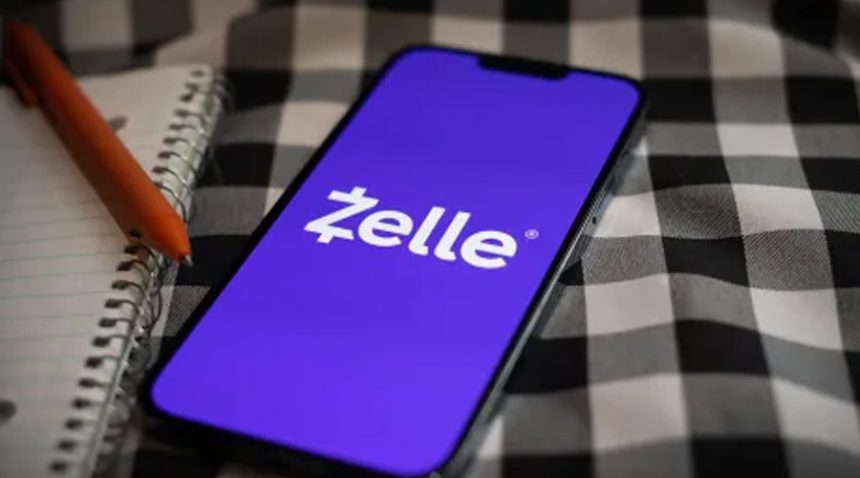With $870M reportedly lost to scams, this case highlights critical gaps in digital payment safety
In December 2024, the Consumer Financial Protection Bureau (CFPB) filed a lawsuit against Early Warning Services (EWS), the operator of the Zelle payment network, along with three major banks: JPMorgan Chase, Bank of America, and Wells Fargo. The lawsuit alleges that these financial institutions failed to protect consumers from widespread fraud occurring on the Zelle platform, resulting in significant financial losses for users.
Background on Zelle
Zelle is a peer-to-peer (P2P) payment service launched in 2017, designed to facilitate quick and easy money transfers between individuals through their bank accounts. It was developed by EWS, a consortium owned by several major U.S. banks, including those named in the lawsuit. Since its inception, Zelle has experienced rapid growth, with over 143 million users and integration into more than 2,200 banks and credit unions across the United States. In the first half of 2024 alone, users conducted 1.7 billion transactions totaling $481 billion.
Allegations of Fraud and Inadequate Safeguards
The CFPB’s lawsuit centers on claims that the banks and EWS rushed Zelle to market without implementing effective fraud prevention measures, aiming to compete with other P2P payment platforms like Venmo and Cash App. This expedited rollout allegedly left the platform vulnerable to exploitation by fraudsters. Since 2017, consumers have reportedly lost over $870 million due to fraud on Zelle, with hundreds of thousands of complaints filed.
One of the primary concerns highlighted by the CFPB is Zelle’s limited identity verification process. Users can register with minimal information, such as an email address or mobile phone number, which fraudsters can easily manipulate to impersonate legitimate entities or individuals. This lack of robust verification has facilitated various scams, including account takeovers and impersonation schemes.
Banks’ Response to Fraud Complaints
The lawsuit further alleges that the banks failed to conduct reasonable investigations into reported transaction errors and did not take appropriate action to prevent and address fraud on Zelle. Many consumers who fell victim to scams were reportedly denied assistance or reimbursement, contrary to obligations under the Electronic Fund Transfer Act and Regulation E, which require financial institutions to investigate and resolve such issues.
CFPB’s Legal Action and Objectives
The CFPB is seeking several remedies through this lawsuit, including:
Halting Unlawful Conduct: An injunction to stop the banks and EWS from engaging in practices that violate consumer protection laws.
Consumer Redress: Compensation for affected consumers who suffered financial losses due to fraud on Zelle.
Civil Penalties: Monetary fines to be paid into the CFPB’s victims relief fund.
Implementation of Safeguards: Mandates for the defendants to establish and maintain effective fraud prevention measures to protect consumers in the future.
Defendants’ Response
In response to the lawsuit, Zelle’s operator, EWS, and the implicated banks have contested the CFPB’s allegations. A spokesperson for Zelle described the lawsuit as “legally and factually flawed” and suggested that its timing might be influenced by political factors unrelated to the platform. The banks have also expressed concerns that the CFPB’s demands could impose significant costs and operational challenges.
Implications for Consumers and the Financial Industry
This lawsuit underscores the growing scrutiny of P2P payment platforms and the responsibilities of financial institutions in safeguarding consumers against fraud. The outcome could have significant implications for the operations of services like Zelle and may lead to stricter regulatory requirements for fraud prevention and consumer protection in digital payment systems.
For consumers, this case highlights the importance of vigilance when using P2P payment platforms. Users are advised to:
Verify Recipients: Ensure the accuracy of recipient information before initiating a transfer.
Be Cautious of Unsolicited Requests: Avoid sending money to unknown individuals or in response to unexpected requests, even if they appear to come from trusted sources.
Monitor Accounts Regularly: Keep a close eye on bank statements and transaction histories to detect any unauthorized activities promptly.
The CFPB’s lawsuit against EWS and major U.S. banks over alleged failures to prevent fraud on the Zelle platform brings to light critical issues concerning consumer protection in the rapidly evolving digital payments landscape. As the case progresses, it may prompt financial institutions to reassess and strengthen their fraud prevention measures, ensuring that consumer interests are adequately safeguarded in the digital age.






